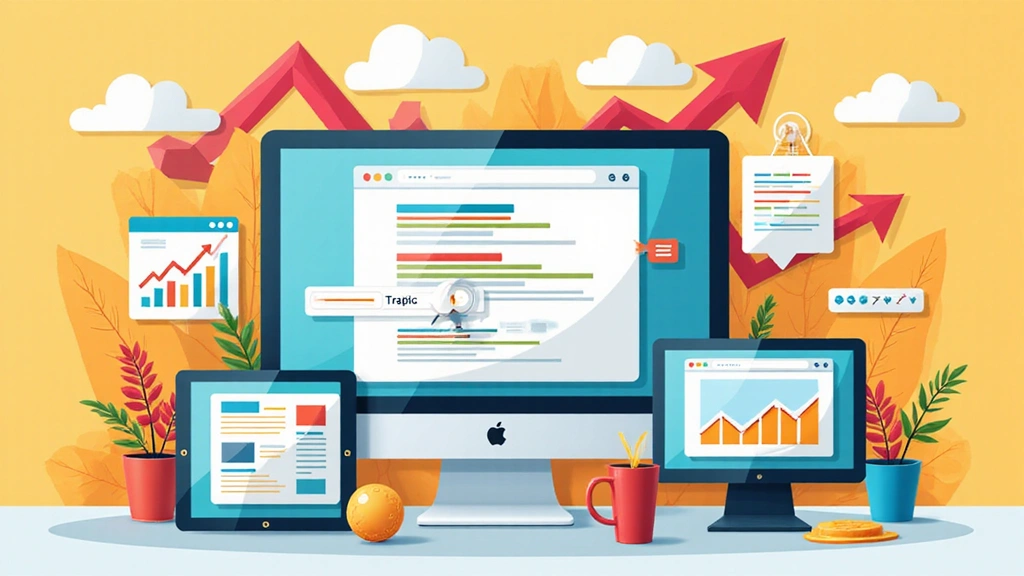
digital tools for online business 2025
Top 10 Digital Tools Every Online Business Owner Needs in 2025
Digital tools for online business owners 2025 . Running an online business in 2025 requires the right digital tools to stay competitive, efficient, and profitable. Whether you’re a solopreneur, freelancer, or small business owner, using the best tools can help you save time, improve productivity, and boost sales. Here are the top 10 essential digital tools every online business owner should use in 2025.
1. Canva – For Graphic Design & Branding
Canva is an all-in-one design platform that makes it easy to create logos, social media posts, presentations, product mockups, and more — even if you have zero design experience. With thousands of templates, it’s perfect for building a consistent brand.
🔗 Website: www.canva.com
2. Notion – For Organizing Your Workflow
Notion is a flexible productivity tool that combines note-taking, task management, calendars, and databases in one place. It’s perfect for organizing content plans, team projects, and to-do lists.
🔗 Website: www.notion.so
3. Google Workspace – For Communication & Collaboration
Google Workspace includes Gmail, Google Docs, Sheets, and Drive — everything you need to collaborate in real time with your team or clients. It’s affordable and easy to use.
4. ConvertKit – For Email Marketing
Email remains one of the most powerful tools for online business. ConvertKit helps you grow your list, send email campaigns, and automate email sequences to nurture leads and increase sales.
🔗 Website: www.convertkit.com
5. Trello – For Project Management
Trello helps you manage tasks visually using boards and cards. It’s ideal for small teams or individuals looking to track their work, especially for launching products or planning marketing campaigns.
6. WooCommerce – For Selling Products Online
If you’re running a WordPress site, WooCommerce is a must-have plugin to turn your site into a full eCommerce store. Sell digital or physical products with ease and manage everything from your dashboard.
Shopify – Best for E-commerce Stores
If you sell physical or digital products, Shopify makes setup easy. With built-in payment processing and mobile optimization, it’s a go-to ecommerce platform.
7. Stripe – For Secure Online Payments
Stripe is one of the most trusted platforms for collecting payments online. It integrates with most website builders and lets you accept payments from credit cards, Apple Pay, and more.
QuickBooks – Online Accounting
Stay on top of your finances with QuickBooks. Generate invoices, track expenses, and run payroll with ease.
8. Buffer – For Social Media Scheduling
Buffer helps you plan, schedule, and analyze your social media posts across platforms like Instagram, Twitter, and Facebook — all from one dashboard. Save time and stay consistent.
Hootsuite – Social Media Management
Hootsuite allows you to schedule posts, track engagement, and manage multiple social media accounts in one dashboard.
9. Grammarly – For Error-Free Content
Writing blog posts, emails, or product descriptions? Grammarly helps you write clear, mistake-free content that’s also engaging. It checks grammar, tone, and even plagiarism.
10. ChatGPT – For Content Creation & Idea Generation
AI tools like ChatGPT are game-changers for entrepreneurs. From writing product descriptions to creating email templates or blog posts, ChatGPT helps save hours of work.
Final Thoughts
The right tools can make or break your online business. While you don’t need to use all of them at once, start by picking the ones that meet your current needs — and scale up as you grow. Investing in digital tools now will save you time, reduce stress, and help you build a stronger, more efficient business in 2025 and beyond.
Zoom – Virtual Meetings & Webinars
Zoom remains one of the top tools for online meetings, coaching, and webinars. It’s reliable, scalable, and user-friendly.

